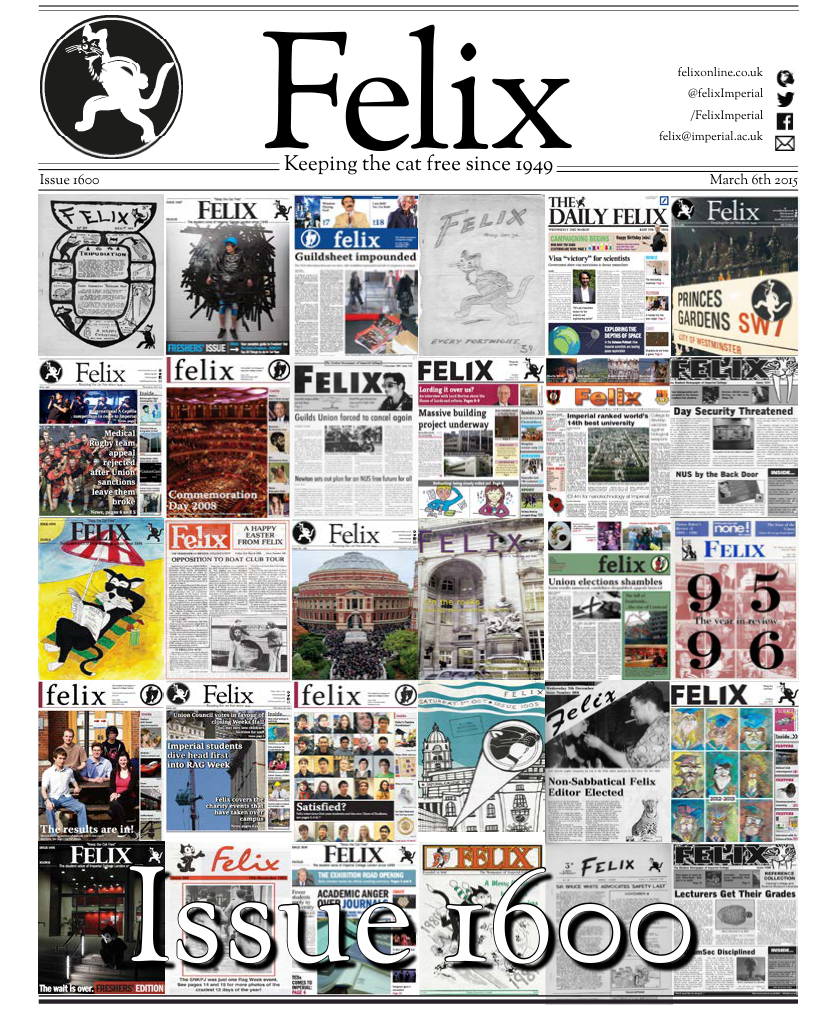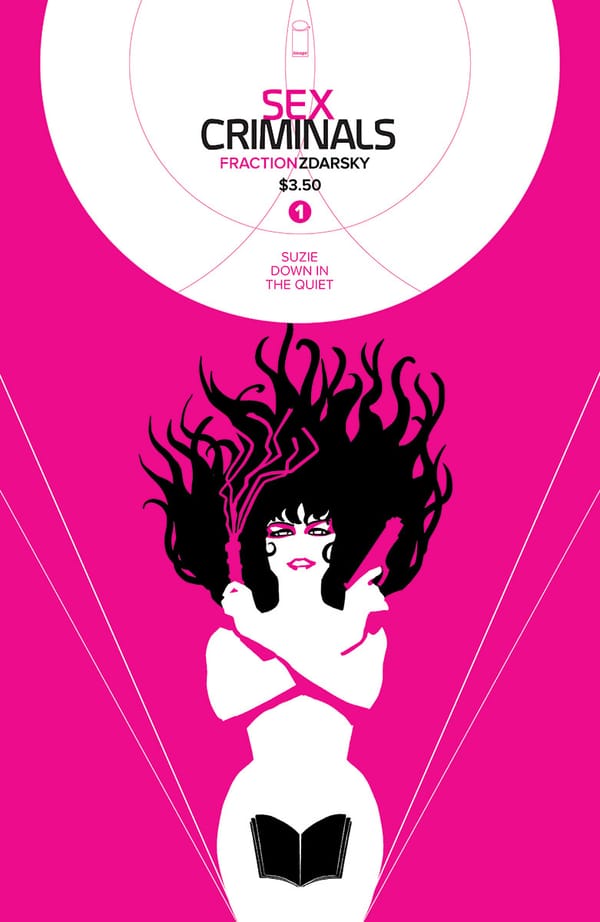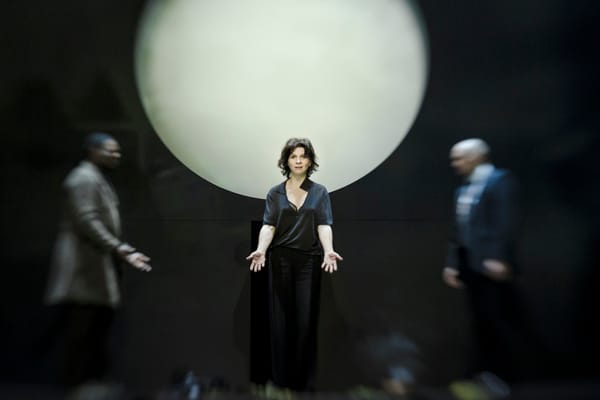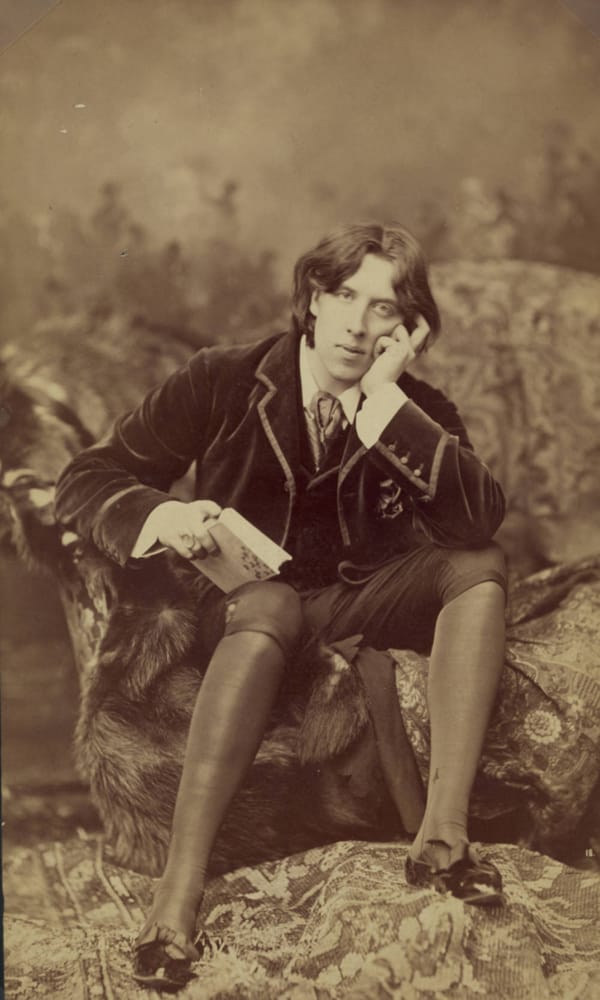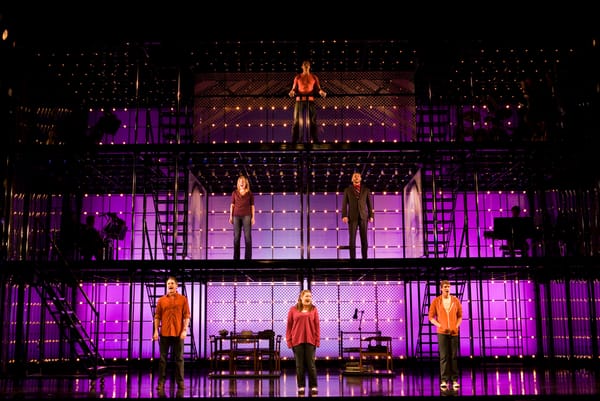The White Square — An LSD Rhapsody
Anonymous explores a secret operatic world previously out of reach

Have I just made the stupidest mistake of my life?” I wondered as the white square dissolved in my mouth and passed down my throat. I reassured myself, the whole thing was thought through and the plan was bullet proof. I stepped out of the bathroom and an usher passed a few angry words in my direction. I didn’t hear what she said, but surely it wasn’t possible that she knew? “The men’s toilets are over there” she pointed.
Drugs are a taboo issue so I’ll explain myself. Psychedelic drugs alter perception and thought and they’ve been used in spiritual and religious settings for millennia. Some of the oldest known cave paintings depict, for example, the connection between man and mushroom. A study at John Hopkins reported that almost everyone given psilocybin recounted it as one of the most significant experiences of their lives. These compounds are also of great scientific interest and are investigated for their potential to break addictions and cure depression, amongst other things. However, outside of the therapeutic setting, ‘recreational’ users are interested in their power to enhance emotion and facilitate connections in thought.
Psychedelics are tools, and should be used as such – I believe that before using them, an experience should be curated with a known trajectory and predictable effects. For me, one of the most powerful and intellectually satisfying things I can do is to see an opera, live. It seemed like a perfect experiment: this opera, one I already know and love and almost 6 hours long, the same duration that the drug has an effect. I felt I could make a potent experience even more so, and thought that I might be able to read between the lines. I had read so much about this work, I had played it on the piano, analysed the score. But now I was ready to really experience this work of art. I made my way to my seat, my bag was full of food and drink for the long intervals. All that was left for me to do was sit back and enjoy.
I felt I could make a potent experience even more so ... I was ready to really experience this work of art.
Just as the overture crashed into being, the drug started to take effect; it was pure euphoria, and I was utterly captivated as the orchestra segued into the first scene. The people on either side were forgotten, melting away to leave only the action in front of me. Everything that happened I noticed, every glance and gesture of the singers seemed momentous and full of meaning. No detail of the dense musical texture escaped my attention and its relevance to the stage action was obvious. At the moments of greatest power, my knees trembled and became weak. Before I knew it, the first act was over but I was still revelling in it.
As everyone made their way out to the bar, I stood to let them pass. Was I being awkward? It became hard to tell, but I glanced at the note I had left myself on my hand — ‘nobody knows or cares’. It was helpful to remember that no one pays attention to anyone else, and as I looked out into the stalls I was amused by the behaviour of some people – “if that guy can get away with doing that then I can get away with a lot more”. I sat patiently cuttings of conversation falling onto my ears. I was overwhelmingly curious but I stayed put. “Shit” – over there, “do I know that person? Is he looking my way?” I tried to look busy and wrote some notes to myself about the opera.
People filtered back into the auditorium and the second act began. On stage were two houses; a village scene. Beautiful floral patterns seemed to me projected onto the roofs, swirling and dancing, but actually painted, motionless. “Relax”, I thought, “Enjoy what you’re seeing”.
The plot wound its way onwards, twisting through its tensions – people all wanting the same thing, or wanting different things and opposing one another. “The Hegelian dialectic manifests itself in everything!!!”, I scribbled in the next interval. For the first time since learning about the dialectic in philosophy I understood it; it actually made sense to me.
The opera was funny as well and laughter was a great feeling, of almost absolute freedom and joy. With the chuckle of the man next to me, I felt as if we were sharing something great. The act was over too soon and the next interval, 40 minutes long, was rife with potential dangers.
No detail of the dense musical texture escaped my attention and its relevance was obvious.
I waited until everyone had left and finished my maddened philosophical analyses. I looked around me. I was tripping now, hard, and the shapeless interval stretched out before me as an abyss.
I walked to the bar but there was nowhere to sit so I stood, painfully awkward. I returned to my seat to tuck into the chocolates and drinks I had brought. I didn’t feel hungry – but surely my body would be? – it was difficult to tell, but the timing seemed right, and besides, the chocolate tasted good.
A man sat down beside me, I tried to continue looking around, but the inevitable happened and he spoke…. It surprised me how freely I took part in his conversation. As I watched him prattle on I felt detached but the right responses simply flowed from my mouth. I even fancied myself to be witty at times.
As the third act started the man and I wished each other a pleasant time. I felt that the effect of the drug was wearing off, although I wasn’t sure at first. I didn’t mind. In fact, I was a little relieved – the purgatory of the interval was difficult enough so what would I do when the opera finished? Still, I was a small bit disappointed that I might not feel the ecstasy of the finale as I had the overture. As a way was found to a happy conclusion, I simply enjoyed it as I usually do. I couldn’t help but feel that there were some secrets, previously in reach, that were now being kept from me. It was frustrating – so much of the experience was wasted on those interminable stretches of interval, but every other moment was pure magic.
I reminded myself – it was an experiment after all.

